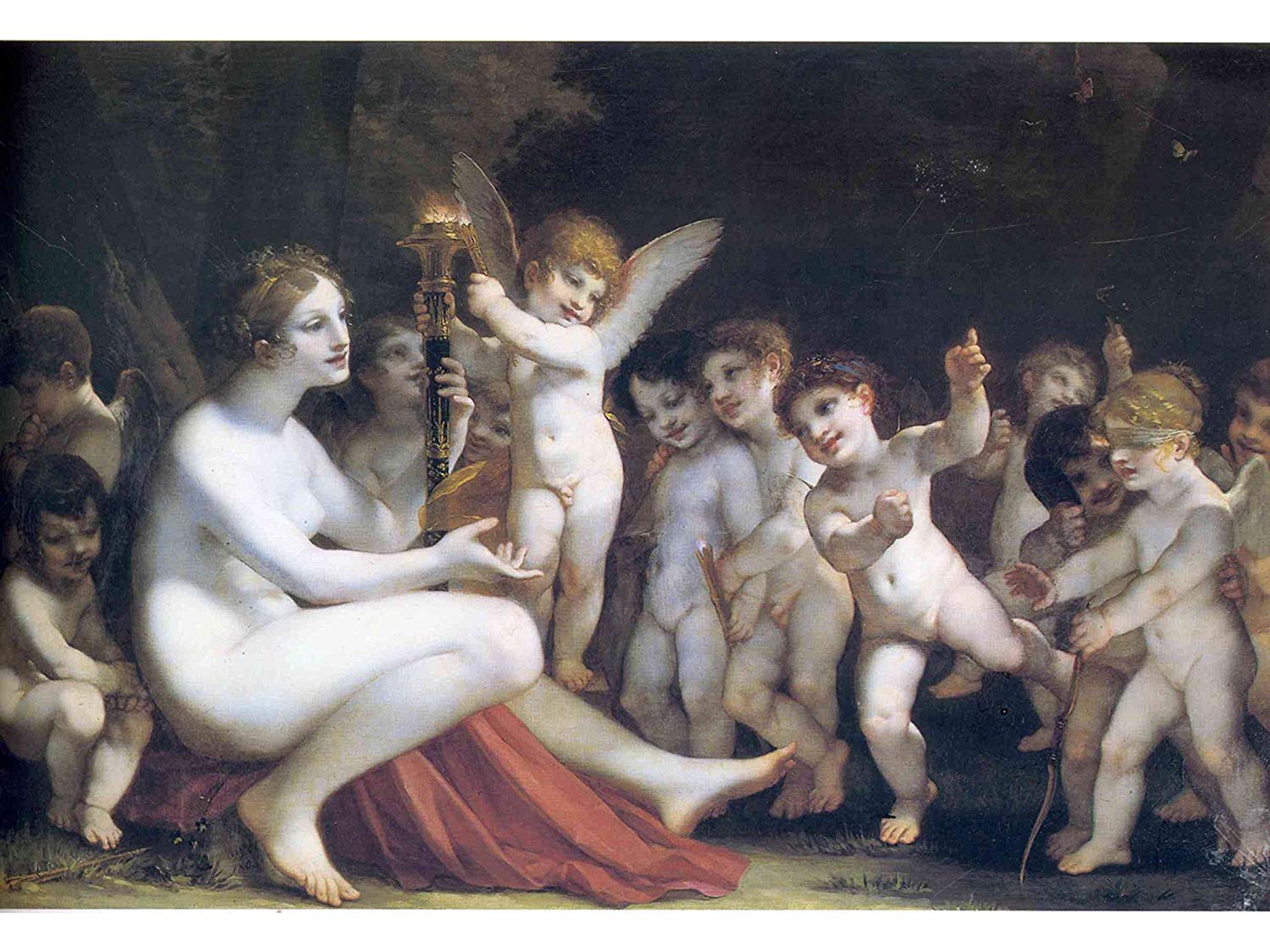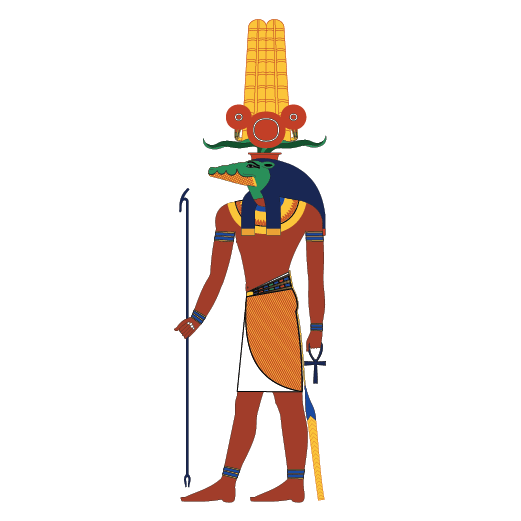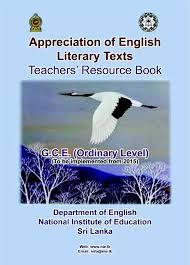Analysis of the poem "Richard Cory" by Edwin Arlington Robinson
Stanza 04
Richard Cory - Edwin Arlington Robinson
Whenever Richard Cory went down town,
We people on the pavement looked at him:
He was a gentleman from sole to crown,
Clean favored, and imperially slim.
And he was always quietly arrayed,
And he was always human when he talked;
But still he fluttered pulses when he said,
“Good-morning,” and he glittered when he walked.
And he was rich—yes, richer than a king—
And admirably schooled in every grace:
In fine, we thought that he was everything
To make us wish that we were in his place.
So on we worked, and waited for the light,
And went without the meat, and cursed the bread;
And Richard Cory, one calm summer night,
Went home and put a bullet through his head.
Edwin Arlington Robinson
Edwin Arlington Robinson is an American Modernist poet who contributed to world Literature between the late 19th and early 20th centuries. Once analyzed, his story of life concludes to be dreary and unhappy. Since his parents expected a female child, they were not so happy to accept him to the family, and even rejected to name him. He hated his name Edwin as it was given by a random stranger and Arlington, as it is the name of a city. The pessimistic view he had during the early years of his life makes most of his literary works to be downbeat and dark.
His Eldest brother Dean Robinson becomes a laudanum addict, the love of his life, Emma Löehen is married by his middle brother, Herman Robinson who ultimately ends up as a failure in his business; an alcoholic who is indifferent to his wife and children who dies penniless of tuberculosis.

"Richard Cory"
The poem Richard Cory is based on the thoughts of Herman Robinson’s wife, Emma on her husband. It is composed during the panic of 1893 when the United States was suffering a severe economic depression, which is the very reason behind the tragic end of E.A Robinson’s lover’s husband. The “bread” functions as an allusion to the economic depression during which many survived by eating old bread.
‘Richard Cory’ is a based on the style of prose fiction as the content is fictitious and is revealed using vernacular language. At the same time, it functions as a lyric poetry as it is a formal poem in the first person narration which expresses ones tempestuous emotions.
The poem revolves around the one and only significant, masculine character called Richard Cory. The narrative voice casually exaggerates his judgement based on the appearance which ultimately concludes be a mere prejudice.
Richard Cory’ is a structured poem of four quartans. It is dominated by end-stops which is common in death/suicide poems. The narrator is a singular character who dwells on the pavement of ‘downtown’, yet projects a collective voice and opinion of the general working poor.
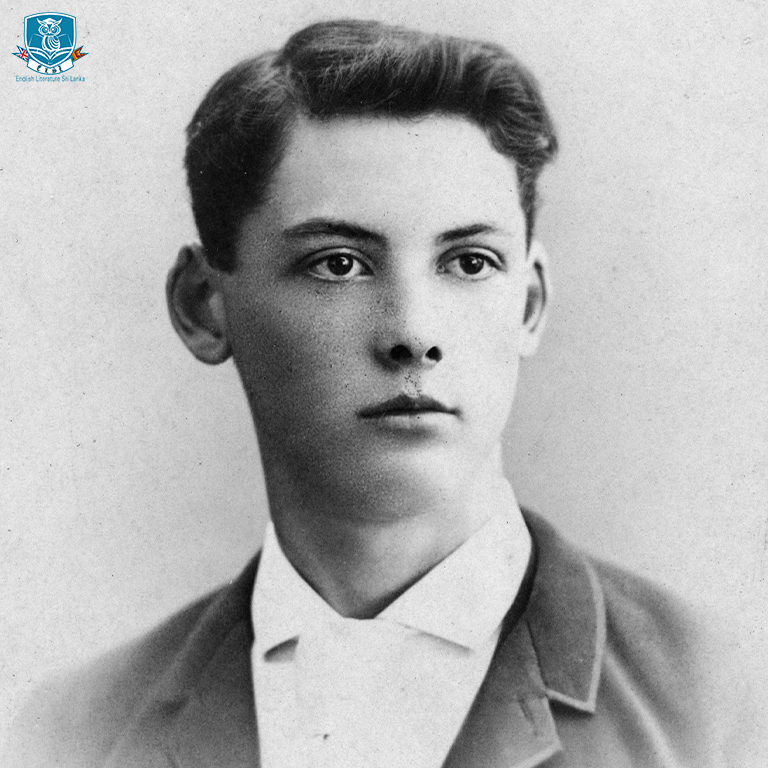
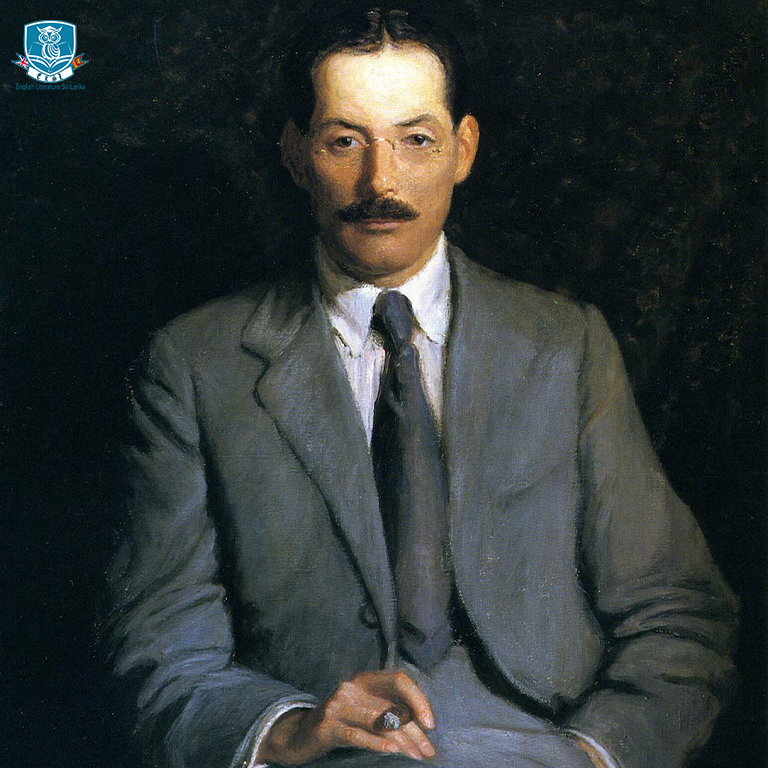
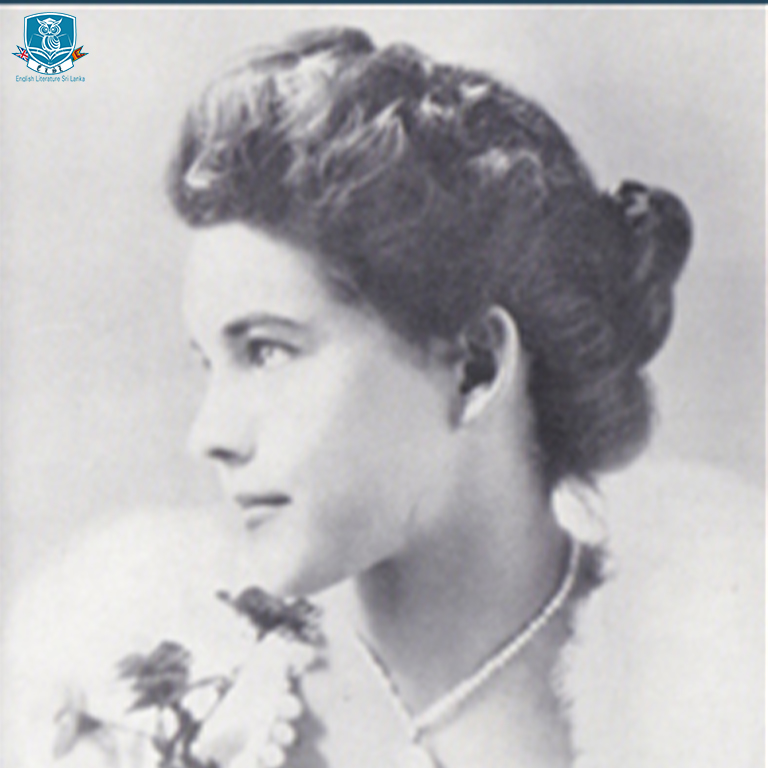
Richard Cory - Analysis
Stanza Four
Line one
So on we worked, and waited for the light,[a]
- The focus shifts from Richard Cory to the ‘people on the pavement’ as the narrator describes how they worked hard to be materialistically privileged like Richard Cory.
- The pace of the line is significantly slowed down with the use of the caesura.
- ‘light’ is a metaphor for hope.
Line two
And went without the meat, and cursed the bread;[b]
- The coordinating conjunction ‘and’ repeats, and it indicates the emotional frustration of ‘we’.
- ‘meat’ is a symbol of the available privileges and the limited luxuries of the ‘people on the pavement’, and ‘bread’ is a symbol of the deprived status of their lives. However, they deliberately ‘went without meat’ and ‘cursed the bread’ as they wanted to be like Richard Cory.
- ‘bread’ further functions as a symbol of 1983 economic depression of America – during which many poverty-stricken people survived by eating old bread.
Line three
And Richard Cory, one calm summer night,[a]
- The coordinating conjunction ‘and’ functions as an anaphora, adding further emphasis to the traumatized emotional status of the narrator.
- The serenity associated with the word ‘calm’ highly contrasts with the chaotic suicide of Richard Cory.
- Summer is a symbol of youth. It suggests that Cory was in his youth when he ended his life.
- ‘Night’ is a general symbol of death and danger.
Line four
Went home and put a bullet through his head.[b]
- The narrator clearly illustrates the unexpected and the abrupt nature of Cory’s suicide by announcing is in the final line of the final stanza – leaving the reader dumbfounded and flummoxed.
- The incomprehensible action of Cory leaves both the reader and the narrator dumbstruck, so there are no explanations given for the cause of the suicide.
- ‘put a bullet through his head’ is a euphemism for Richard Cory’s inexorable suicide.
- the pace of the line is fast in contrast to the rest of the three lines above, of which the flow is interrupted by caesurae. It suggests how fast the tragedy struck Cory’s life.
General outlook of stanza four
- Perfective aspect and the past tense still dominate the overall stanza suggesting that the judgements on Richard Cory are no longer valid in the present.
- There is no change in the rhyming scheme as it suggests the monotony of the atmosphere and the characters of the poem.
- For the first time in the poem, the narrator shifts the focal point of the voice from Richard Cory to the ‘people on the pavement’.
- The stanza consists of a significant number of caesurae.
- The reading pace of the stanza is effectively controlled by the manipulation of punctuation marks.
- Each line of the stanza is end-stopped which supports the reader to predict the upcoming tragedy at the conclusion.
Subscribe to our YouTube Channel to gain access to all the new video lessons.


